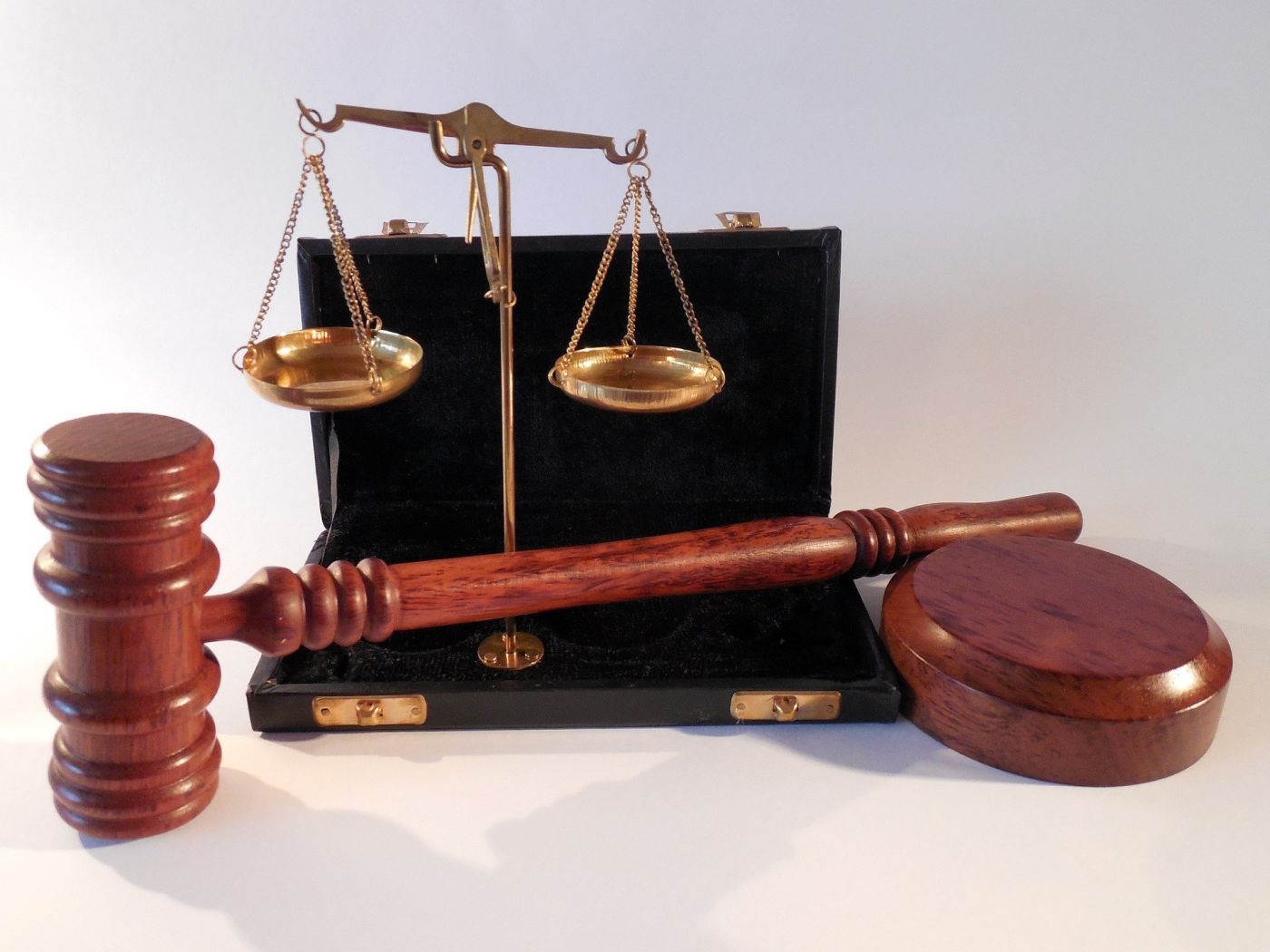
DO A HATE CRIME, DO HARD TIME
Do a Hate Crime, Do Hard Time
In 2021, hate crimes in America rose to their highest level in twelve years. Along with the invasion of COVID-19, the virus that began taking its hold in China, hate crimes against Asians increased 150% between 2019 and 2020. The civil unrest related to the killings of George Floyd and other Black men at the hands of the police ushered in an uptick of hate crimes against Black people. Some argue that racial tension in the United States has reached a boiling point and that hate crime legislation has not done enough to curb violence and criminal behavior related to race and sexual orientation. On the other hand, some say that federal hate crime legislation goes too far and oversteps state laws. In this article, we explore the history of hate crime legislation, its evolution, and the purposes behind it.
A Short History of Hate Crime Laws
Historically, civil rights in America were enforced by each state separately and diversely. However, in 1968 the turmoil and civil unrest of the era forced the federal government to do more to protect its citizens. The Violent Interference with Federally Protected Rights statute was passed which outlaws harming or interfering with a person based on their race, color, religion, or national origin. But as written, the statute only protects people when they are engaging in a federally protected activity.
It was not until 2009 that further protections came to pass. After the horrific murder of Matthew Shepard, a homosexual man who was brutally beaten and left for dead and the killing of James Byrd Jr., a Black man murdered by three white supremacists, it was clear that more legislation was needed to prevent these disturbing crimes. The Matthew Shepard and James Byrd Jr. Hate Crimes Prevention Act of 2009 was passed which makes it a crime to harm a person (in any situation) based on their race, color, religion, national origin, and adding further, their gender, sexual orientation, gender identity, or disability. The Act was a major step in adding robust protections for vulnerable communities.
Double Trouble
Since the federal government has passed legislation around hate crimes, this can create the rare occurrence in which a defendant may be tried twice for the exact same crime. An example of this is the Ahmaud Arbery case. Three white men, Travis McMichael, George McMichael, and William Bryan, were charged with murder and other felonies, after they chased down Arbery, a Black man running in the neighborhood, and shot him three times. The crime was felony murder (among other charges) and the men went to trial in their home state of Georgia. The perpetrators were convicted of the murder and sentenced to life in prison.
Because this crime was believed to have been motivated by bias, the murder charges were enhanced to hate crimes and the perpetrators were tried a second time in Federal court. The McMichaels and William Bryan were all convicted, again. This does not always happen, however, and the outcome of the federal trial can differ greatly from that of the state one.
Past defendants who have been charged in both state and federal courts for the same crime have argued that this should be considered double jeopardy. However, since state and federal courts are two separate and sovereign jurisdictions, the Supreme Court has always maintained the practice to be lawful.
America is Tough on Hate
By taking such a strong stand against bias-related crimes, the federal government has issued a signal that crimes of this nature are detrimental to society and must be prevented. The legislation serves as a message that Americans will not tolerate such egregious behavior and those that commit hate crimes will suffer significant consequences.
For more on Ahmaud Arbery, listen to us talk about the case in our podcast Episode 65: You’re Under Arrest! (But I’m Not a Cop) Ahmaud Arbery, Confederate Flags, and Citizens Arrest podcast.
For more about hate crimes, listen to Episode 54 – Do You Have a Right to Hate? How America Treats Bias-Motivated Crime.